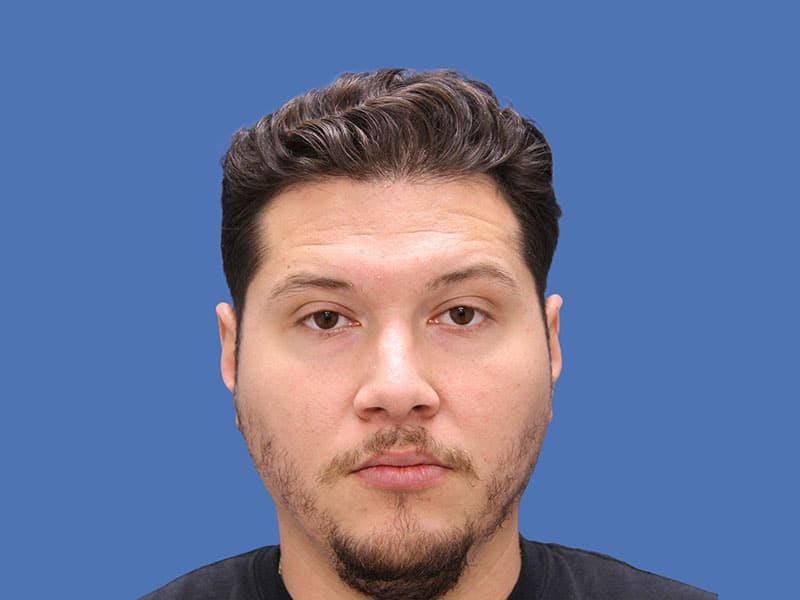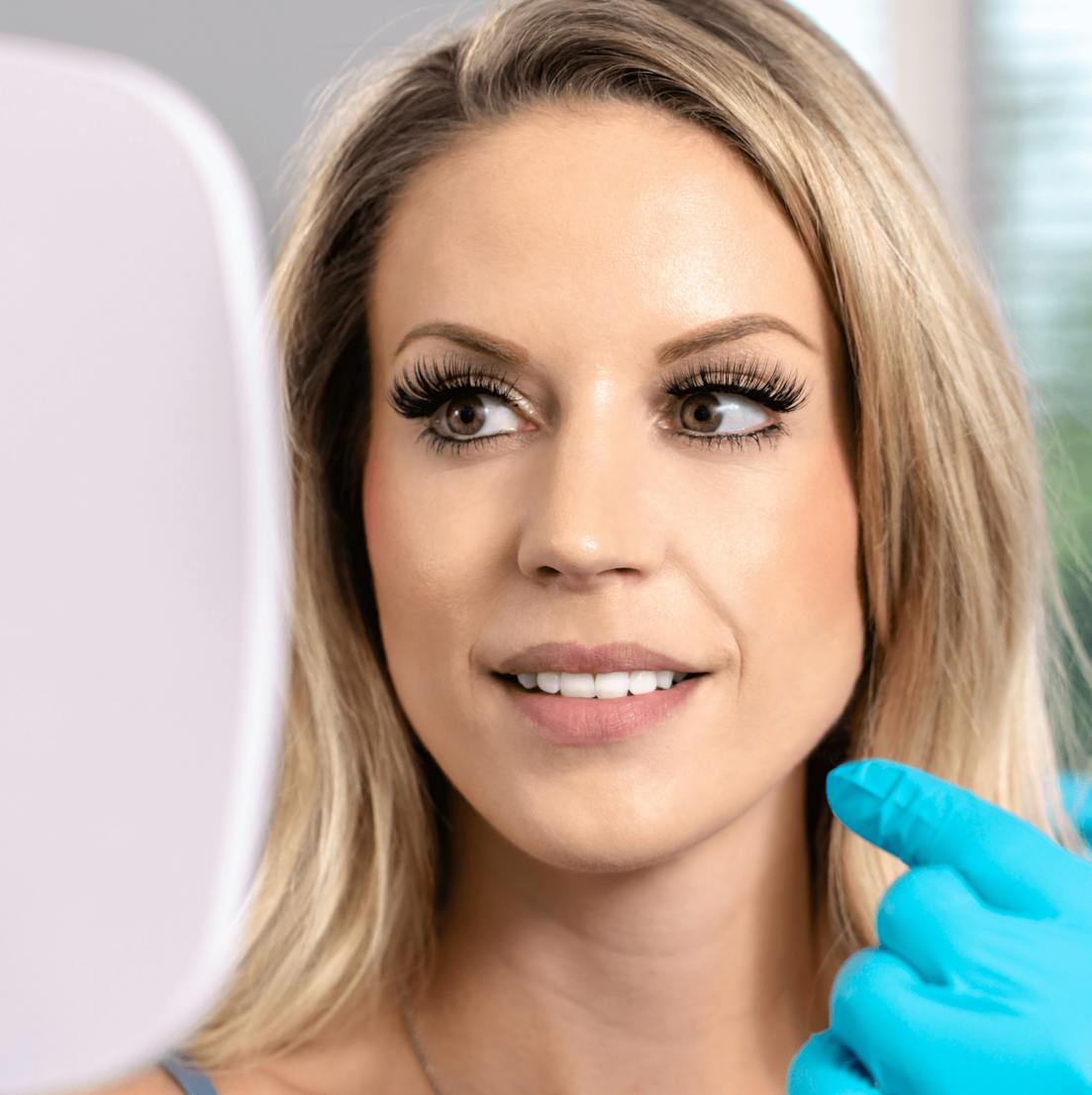Please call us immediately if:
- Temperature greater than 100.5 F
- Increasing pain that is not controlled on oral pain medications
- Increasing redness or size at the surgical site
- Your drain is not holding suction
- Bleeding or pus draining from the wound site. If you have bleeding, apply direct pressure to the area for 20 minutes
- If your wounds come apart
- Any other concerns
For non-emergency questions:
- During business hours (8 AM – 4:30 PM), call (210) 658-3555.
- After hours and on weekends/holidays: call (210) 658-3555. You will be forwarded to the on-call surgeon.
- If you are having any serious problems or symptoms, such as difficulty breathing or chest pain, call 911 or proceed to your nearest emergency room.
Are there any activity restrictions after surgery?
You will be asked not to engage in the following vigorous activity until your follow-up appointment: pushing, pulling, bouncing, housecleaning, yoga, running, and heavy lifting. Avoid activities that raise your blood pressure and heart rate. You are encouraged to walk around, and you may climb stairs after surgery. You should try not to remain sedentary for extremely long periods.









